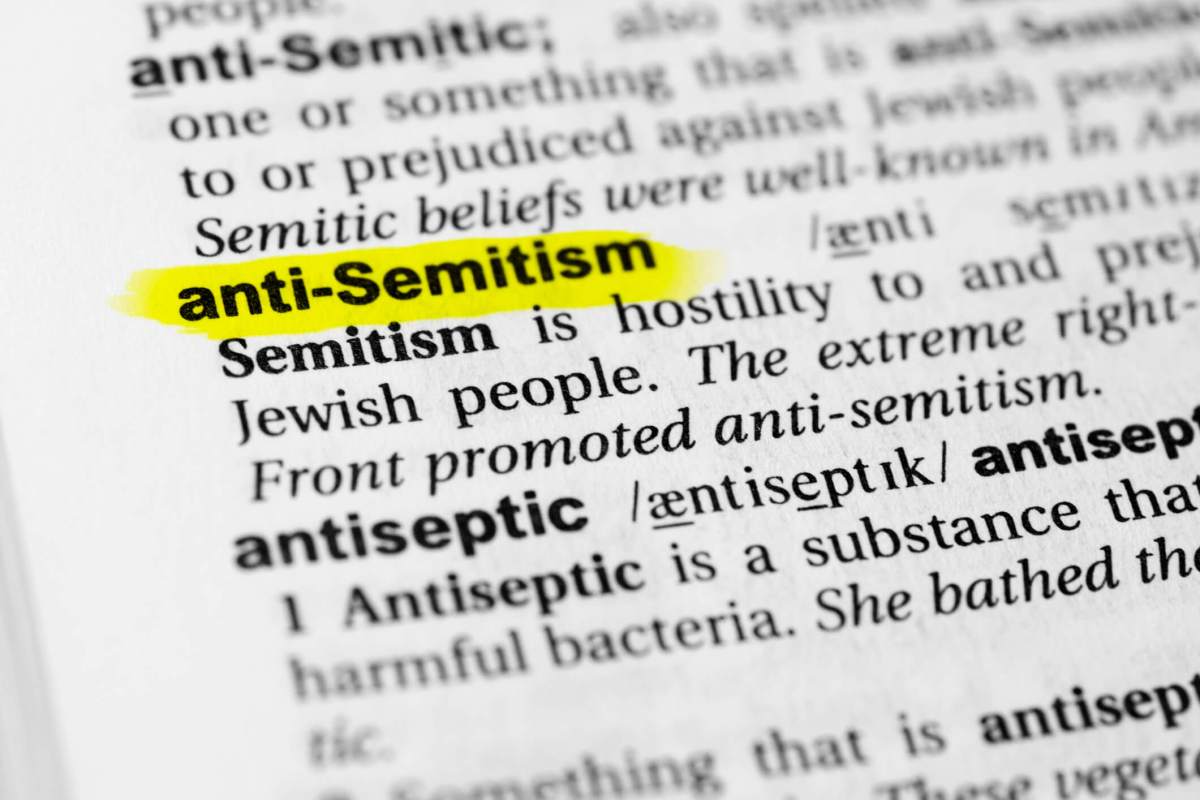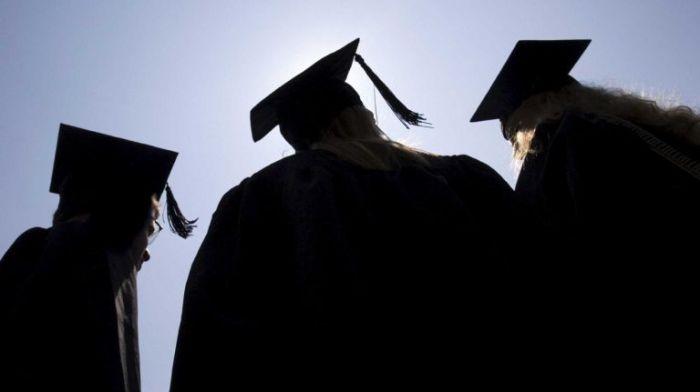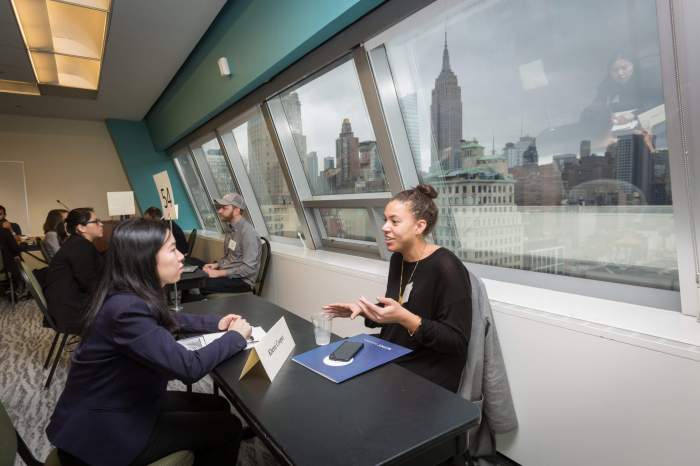The New York City Council woke up last month to discover that there might be a problem with antisemitism on college campuses in New York.
Despite brutal attacks against Jews on New York City streets – New York led the nation in antisemitic attacks in 2021 – and frequent protests against Jews and their interests on university campuses, it wasn’t until the CUNY School of Law faculty endorsed the BDS movement that the City Council was spurred into action.
This shameful mainstreaming of Jew-hatred via support for a resolution that is nothing more than an open call for discrimination against Jews and Israelis, in a city that more than one million Jews call home, has rocked New York and ratcheted up the level of hostility and violence in an already simmering tinderbox of emotion.
While the move by the law school is shocking in its disregard for the civil rights of Jews, there have been warning signs for some time that such a step was in the offing. A year ago, as terrorist rockets targeted Jews in Israel, the Professional Staff Congress (PSC), CUNY’s teachers union, passed a resolution condemning Israel for attacks on Palestinians. Last month, the CUNY School of Law selected Nerdeen Kiswani as its commencement speaker. Kiswani is the founder of Within Our Lifetime, an organization that calls for globalized violence against Jews.
With this alarming rise in Jew-hatred across CUNY campuses as a backdrop, the New York City Council called a hearing entitled “Examining Antisemitism on College Campuses.” Almost as soon as it was announced, the hearing became a target of the same hate groups targeting Jews on college campuses.
CUNY has already revealed its posture for the hearing, declaring that “As an institution of higher learning, CUNY Law is committed to the open exchange of opinions and ideas, academic freedom, and robust community dialogue.”
What about protecting the civil rights of all CUNY students? Where is CUNY’s commitment to ensuring that everyone can experience their time in school free from targeted harassment and violence?
For too long our venerated institutions have justified their approach to Jew-hatred by hiding behind the principles of free speech and academic freedom. They use these building blocks of our democracy as blinders to harassment, intimidation, bullying, discrimination, and violence, while allowing the most vocal members of their communities – including antisemitic and anti-Israel activists – to set the tenor of their schools’ politics.
CUNY’s refusal to directly condemn its own faculty’s naked discrimination is, at best, an implicit endorsement of their behavior, sending the message that the CUNY school system tolerates discrimination against Jews. At a time when the Black Lives Matter movement resonates so strongly, shouldn’t we be pushing as hard to end Jew-hatred?
The City Council’s hearing, meanwhile, is an opportunity for our voices to finally be heard. The setting will shine a light on systemic antisemitism in schools and universities across New York City, opening the door to ramifications for those who threaten to tear down our society with hate and discrimination.
Most importantly, it’s an opportunity for change and for justice as the truth comes out.
Maybe then we can begin to build the society that we all deserve.
Brooke Goldstein is a human rights attorney and founder and executive director of The Lawfare Project.







































